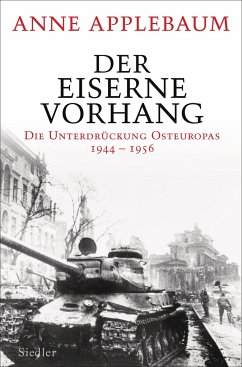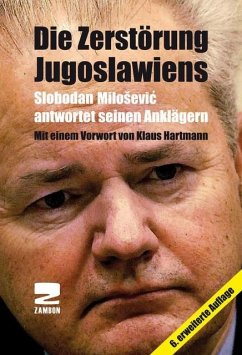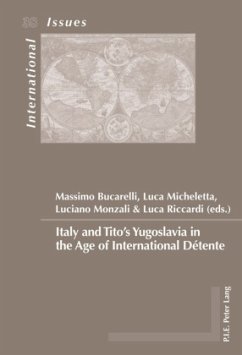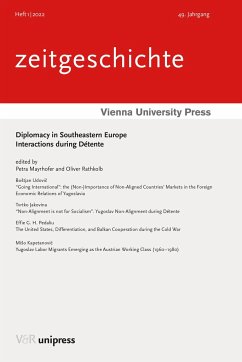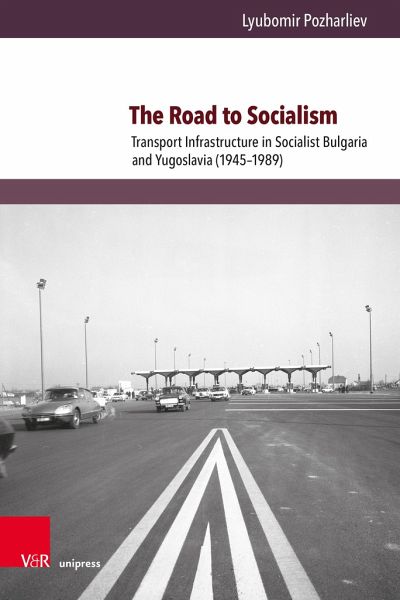
The Road to Socialism
Transport Infrastructure in Socialist Bulgaria and Yugoslavia (1945-1989)
Versandkostenfrei!
Versandfertig in 2-4 Wochen
55,00 €
inkl. MwSt.

PAYBACK Punkte
0 °P sammeln!
The book is the first comprehensive empirical study of transport infrastructure in two socialist countries in the years 1945-1989. In the case study of Yugoslavia, the construction of roads was interrelated with building socialist and trans-ethnic identities, uniting all federal republics. In practice, the "Brotherhood and Unity Highway" was an artery linking the capitals of the most industrialized republics, neglecting Kosovo, Bosnia and Herzegovina, Montenegro and parts of Macedonia. In socialist Bulgaria existed a clear ideological link between transport and nation building. Bulgarian roads...
The book is the first comprehensive empirical study of transport infrastructure in two socialist countries in the years 1945-1989. In the case study of Yugoslavia, the construction of roads was interrelated with building socialist and trans-ethnic identities, uniting all federal republics. In practice, the "Brotherhood and Unity Highway" was an artery linking the capitals of the most industrialized republics, neglecting Kosovo, Bosnia and Herzegovina, Montenegro and parts of Macedonia. In socialist Bulgaria existed a clear ideological link between transport and nation building. Bulgarian roads' disintegrative function was best seen in the example of the "Highway Ring" which, constructed as an inner circle, isolated the border regions and areas inhabited by Bulgarian Muslims and Turks.
Dieser Artikel kann nur an eine deutsche Lieferadresse ausgeliefert werden.





